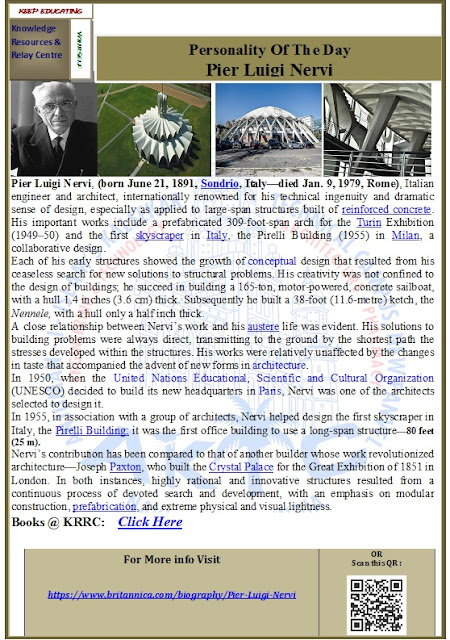Suggesting sweeping reforms to promote the quality of research in
India, a UGC panel has recommended that publication of research material
in “predatory” journals or presentations in conferences organised by
their publishers should not be considered for academic credit in any
form.
They include selection, confirmation, promotion, appraisal, and award
of scholarships and degrees, the panel has suggested. The committee,
which submitted its 14-page report to the UGC recently, has also
recommended changes in PhD and MPhil programmes, including a new board
for social sciences research.
The four-member committee — headed by P Balram, former director of
the Indian Institute of Science (IISc) in Bengaluru — was formed by the
UGC late last year after
The Indian Express
published a series of investigative reports on how India has emerged as
one of the biggest markets for “predatory” publishers of substandard
research journals.
The reports showed how over 300 “predatory” publishers bring out
journals that claim to be international and publish papers for a
“charge” ranging from $30-$1,800 per piece. Some of the prominent
publishers featured in the investigation were OMICS, Austin, Science
Domain, IAEME and IOSR Journals, which together bring out over 1,200
journals on subjects ranging from medicine to management.
Last week, the UGC launched the Consortium of Academic and Research
Ethics (CARE) to approve a new official list of academic publications.
In its report, the Balram committee has recommended the creation of a
board under the UGC for research in social sciences and humanities with
separate allocation of funds. It has also suggested the appointment of a
Dean for research and development in every university linked to
externally funded grants and projects.
On predatory journals and conferences organised by their publishers,
the committee’s report said: “The mandatory requirement of publication
in journals/conference proceedings for award of doctoral degrees and as a
metric in evaluating faculty under the API (Academic Performance Index)
score has resulted in a proliferation of predatory journals and
conferences, which have abandoned classical peer review as a method of
quality control.”
When contacted by The Indian Express, Balram said: “We submitted the
report recently. It is a very brief report on the improvement of quality
of research. It is up to the UGC, HRD Ministry and state governments to
implement it.”
Bhushan Patwardhan, UGC Vice Chairperson, confirmed that the
Commission has received the report. “It will be considered by the UGC in
its next meeting scheduled in July,” he said.
Apart from Balram, the committee includes Sharad Deshpande, former
professor and head, Department of Philosophy, Savitribai Phule
University, Pune; Shridhar R Gadre, Distinguished Professor, Savitribai
Phule University, Pune; and, Anitha Kurup, Dean, National Institute of
Advanced Studies, IISc campus.
For the effective implementation of its recommendations, the
committee has suggested that an empowered panel of eminent academicians
be set up to work with UGC nodal officers for new schemes. It has also
asked the UGC to revamp its regional centres and initiate capacity
building programmes for its staff to build in-house expertise.
NEW BOARD, R&D DEAN
Key recommendations of UGC panel:
-Papers in predatory journals won’t count
-New board for social sciences research
-R&D Dean in every university
-Short-term internship in policy organisations
-100 post-doctoral fellowships per year in social sciences, humanities
-Translation programme for regional research
SOURCE: https://indianexpress.com/article/india/research-published-pay-and-publish-fake-journals-wont-count-ugc-panel-5791656/
















